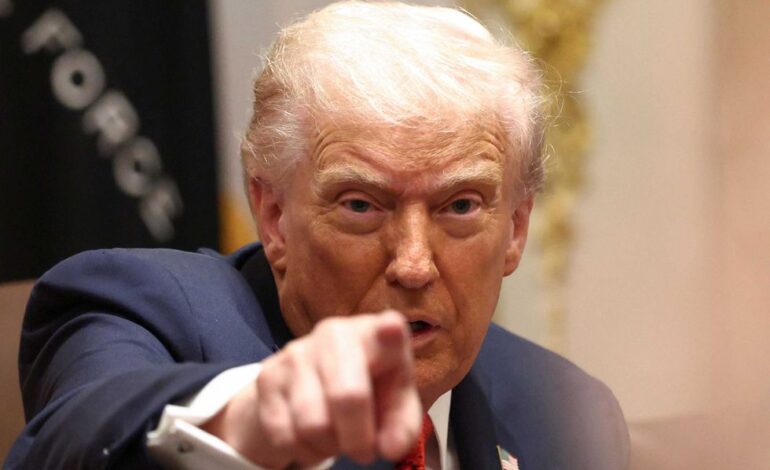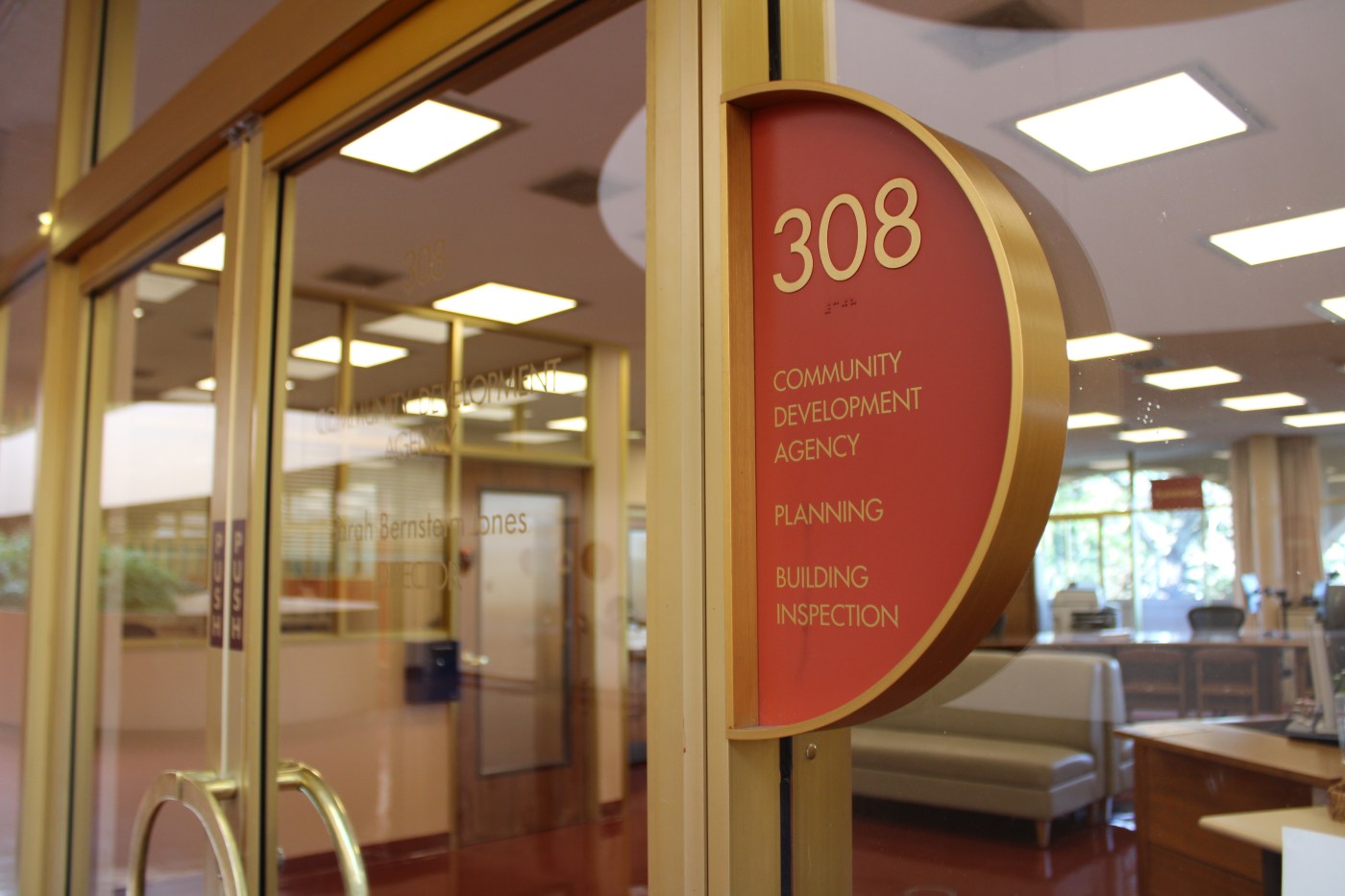Calls to Remove Trump Using 25th Amendment Meet High Bar

As scrutiny intensifies over President Donald Trump‘s recent public appearances and controversial social media posts, demands for the invocation of the 25th Amendment are increasing. Despite this growing pressure, experts indicate that the process is highly complex and unlikely to succeed.
To invoke the 25th Amendment, both Vice President JD Vance and a majority of Trump’s cabinet must agree that he is unable to fulfill his presidential duties. According to reporting from The Guardian, even if this consensus is reached, Trump has the right to challenge it. This scenario would lead to a vote in both the House of Representatives and the Senate, requiring a two-thirds majority in each chamber to effect his removal. The process is considered more challenging than impeachment.
Experts underline that Section 4 of the 25th Amendment is not simply a measure to address a president’s poor performance. Brian Kalt, a professor at Michigan State University College of Law and author of “Unable: The Law, Politics, and Limits of Section 4 of the Twenty-Fifth Amendment,” explained that this provision is designed for situations where a president is “not just doing a bad job, but not doing anything at all — like can’t function.”
Kalt emphasized that the amendment serves a broader purpose: “It’s really about protecting the system of elections. Once the people elect a president, it’s supposed to be four years before they get to say anything again — their choice is respected.”
In a recent exchange, Rep. Madeleine Dean (D-PA) directly challenged Republicans on Trump’s mental fitness. During a confrontation with House Speaker Mike Johnson (R-LA), Dean stated, “The president is unhinged. He is unwell.” Johnson’s response suggested a reluctance among Republicans to scrutinize their leader, as he remarked, “A lot of folks on your side are, too.”
The conversation highlights the political ramifications of invoking the 25th Amendment and the significant hurdles involved in such a move. As calls for accountability grow louder, the complexities of the legislative process remain a formidable barrier.






